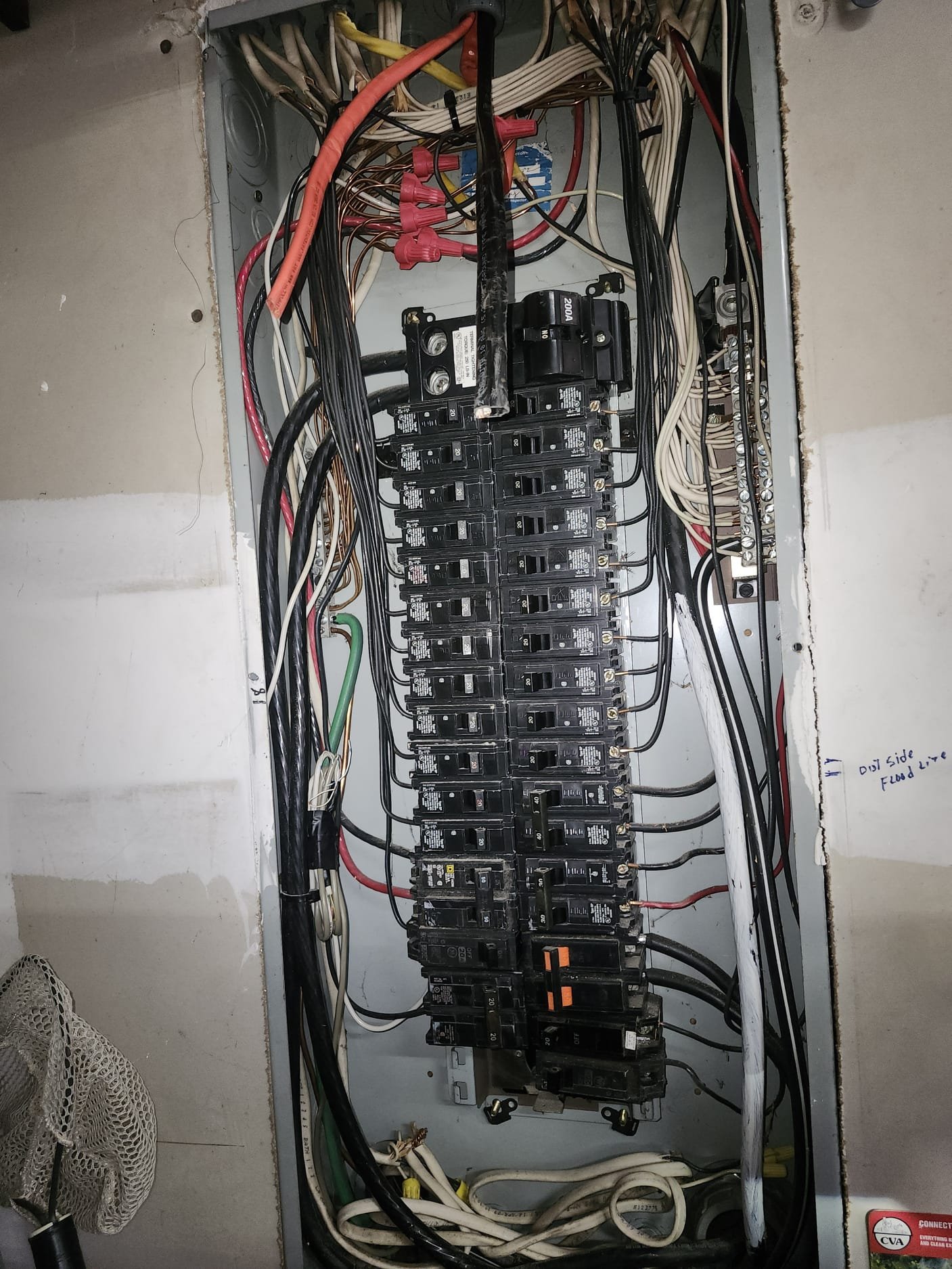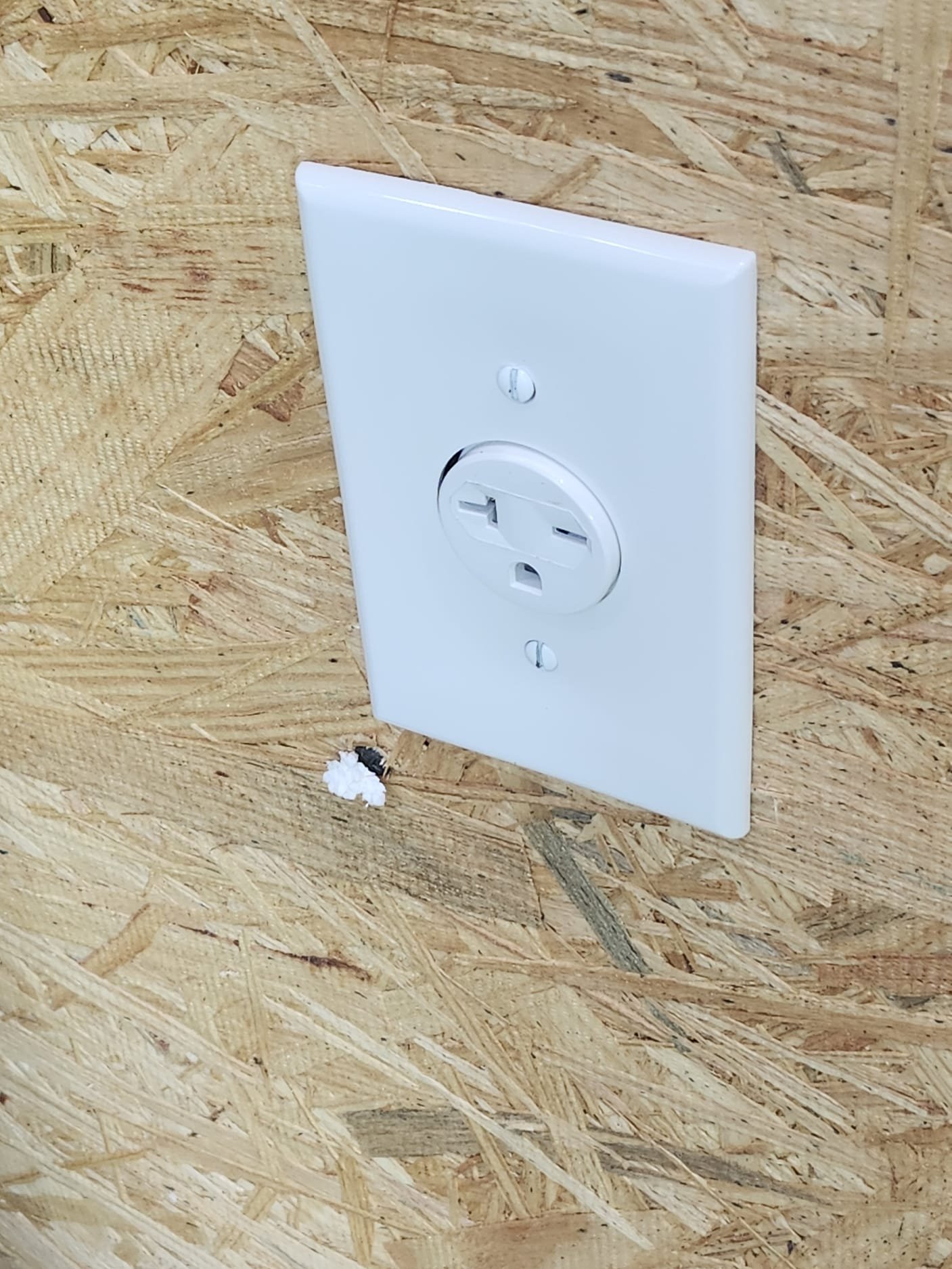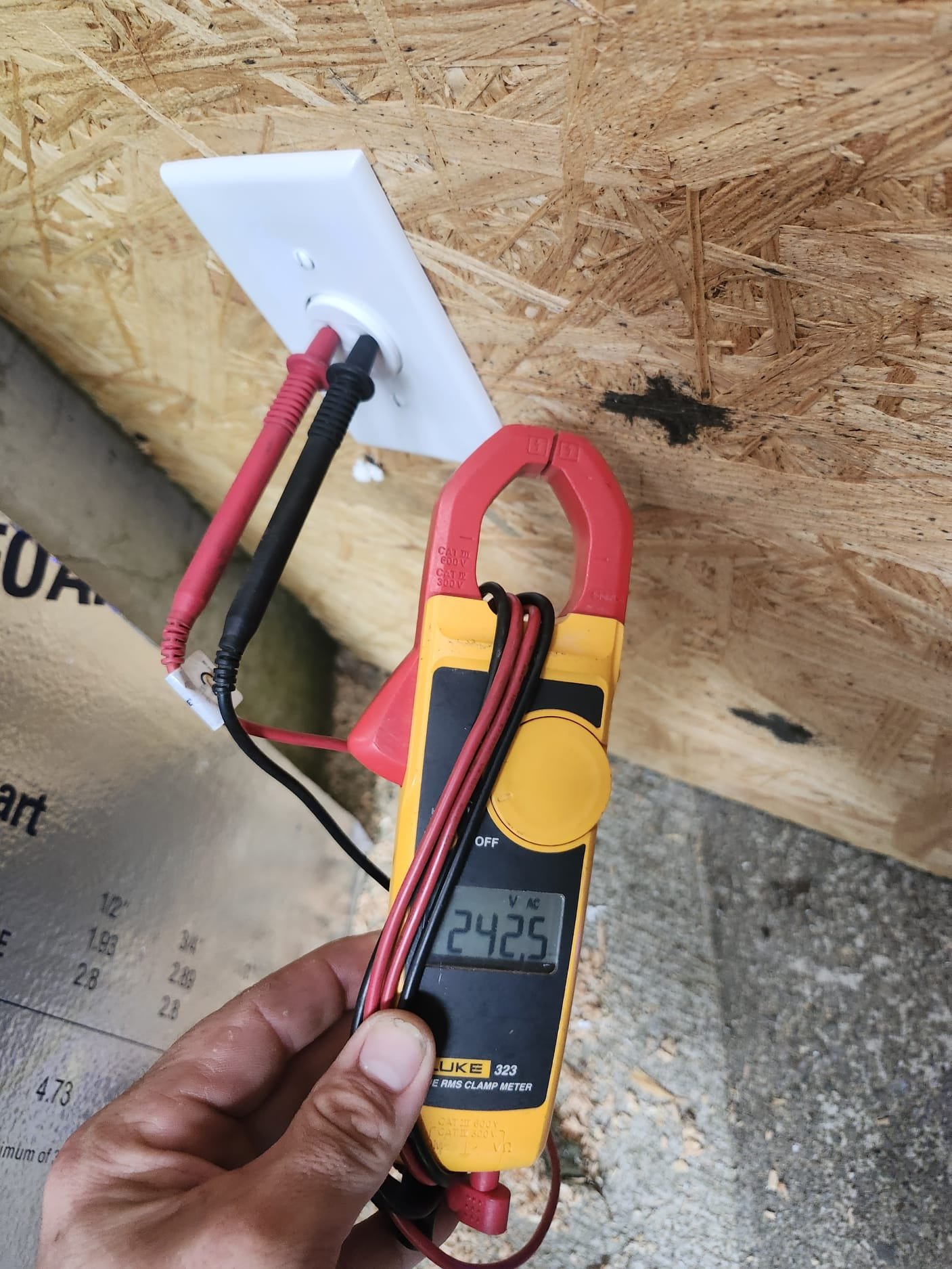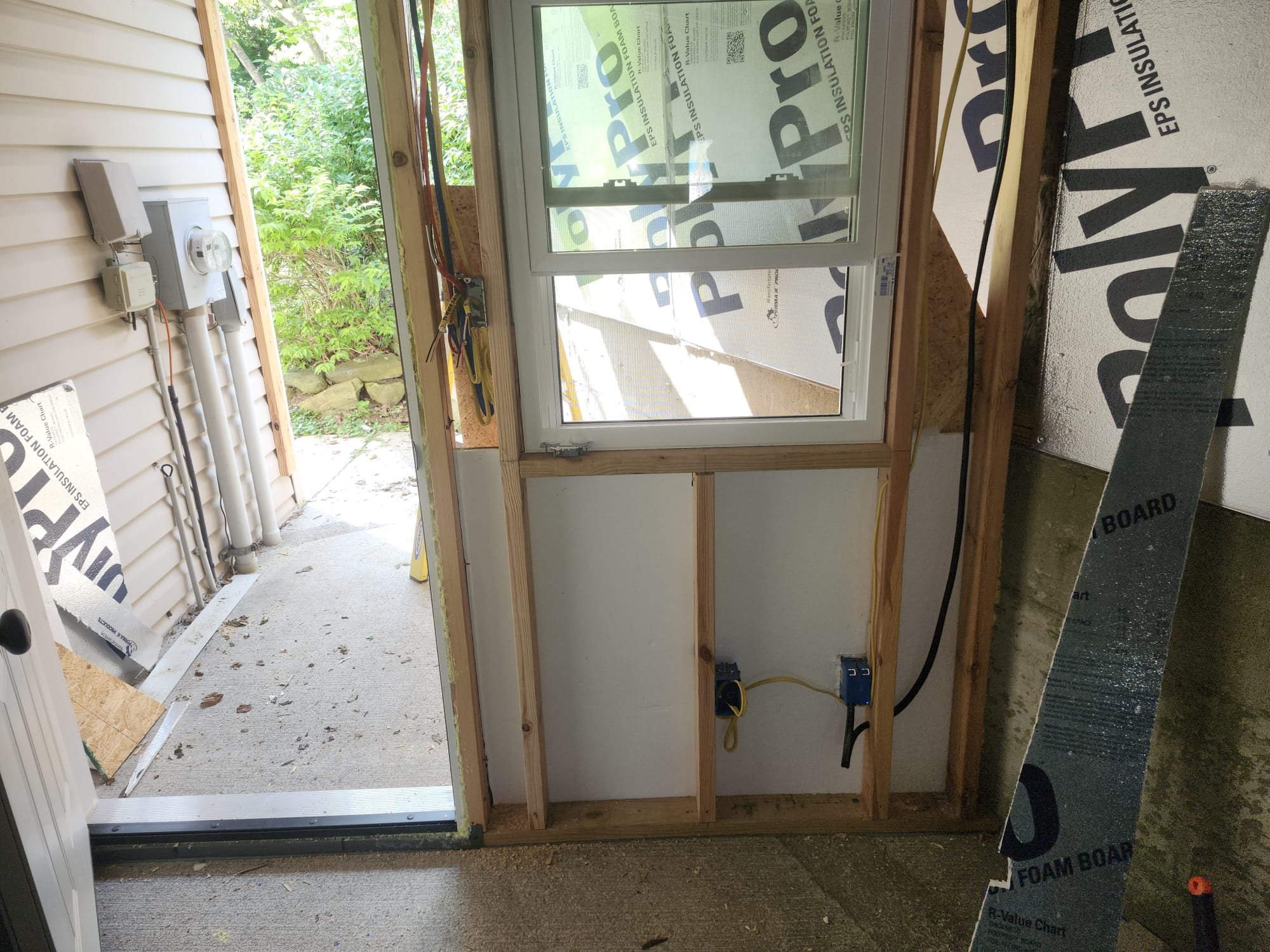Essential Electrical Upgrades for Homeowners: A Duff Success Story
Electrical | Duff | Electrical in Duff
A Homeowner’s Challenge
When a homeowner in Duff started noticing flickering lights and a crowded breaker box, they searched online for experts in Electrical in Duff. They also needed a dedicated high-voltage outlet for their new pottery wheel. Simple repairs wouldn’t cut it; they needed a thorough upgrade that complied with current safety standards.
How It Was Solved:
Our HEP technician performed a full assessment of the existing panel, freed up additional circuit spaces, extended internal wiring to meet code requirements, installed three-way switches for flexible lighting control, and set up a proper 220 V receptacle for the pottery wheel. Each new connection was rigorously tested to confirm safe and reliable performance.
1. Plan for Future Growth
Older panels often run out of space quickly.
Tip for Homeowners: When you’re adding new appliances, think ahead and leave room for extra circuits. Consider installing a panel with spare slots or a sub-panel to accommodate future needs.
A well-organized panel with room to grow means fewer headaches later on.
A neat arrangement of new breakers, giving you breathing room for future upgrades.
2. Ensure Wires Are the Right Length and Rating
Short or worn-out wiring can lead to loose connections and potential hazards.
Tip for Homeowners: Never splice critical wires yourself—always rely on a professional to extend or replace them properly with the correct gauge cable.
A sturdy new outlet, perfectly aligned and secured on a plywood wall, ready to handle daily use.
3. Test Everything When You’re Done
After upgrades, it’s crucial to confirm voltages and grounding.
Tip for Homeowners: Ask your electrician to use a clamp meter or voltage tester to verify that each outlet and circuit is performing correctly.
Checking a newly installed socket to ensure it delivers the right voltage under load.
4. Install Dedicated High-Voltage Outlets for Special Equipment
Equipment like a pottery wheel often needs a 220 V connection.
Tip for Homeowners: Plan the location early—make sure there’s enough capacity in your panel and that the receptacle matches your equipment’s plug type.
The main service meter next to newly roughed-in outlet boxes, ready for a dedicated high-voltage line.
Final Takeaways
- Keep your panel area clear for easy access and future work.
- Label each breaker to quickly identify circuits in an emergency.
- When a HEP technician arrives, highlight any outlets that flicker, feel warm, or show signs of wear.
- Rely on licensed professionals: they handle code compliance, proper materials, and thorough testing.
By following these best practices, your home in Duff will have an electrical system that’s both safe and ready for whatever upgrades you have in mind. Whether you need a simple repair or brand-new equipment, HEP’s electric service and sales team has you covered.
Published on October 29, 2025



